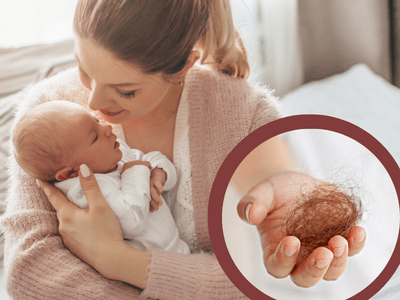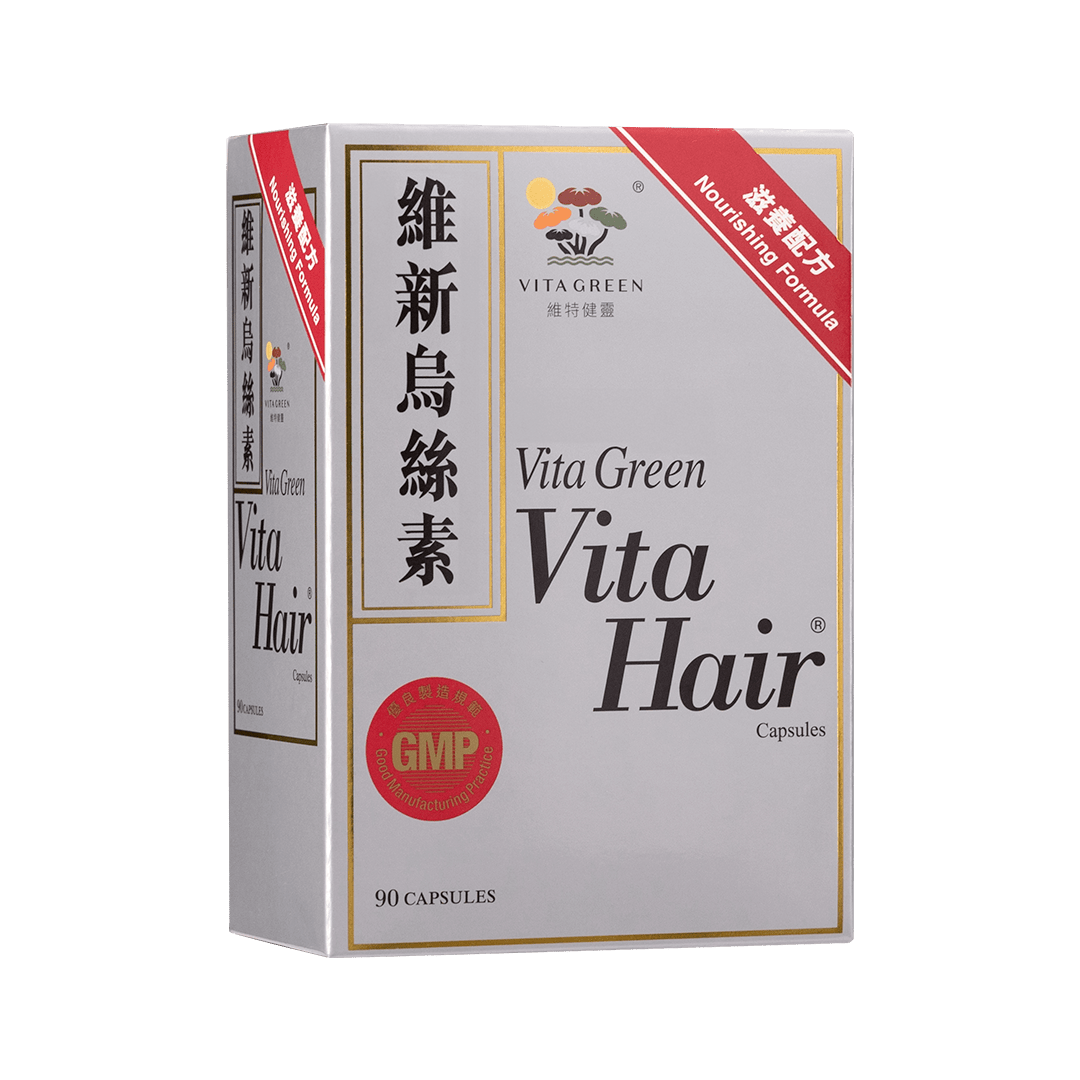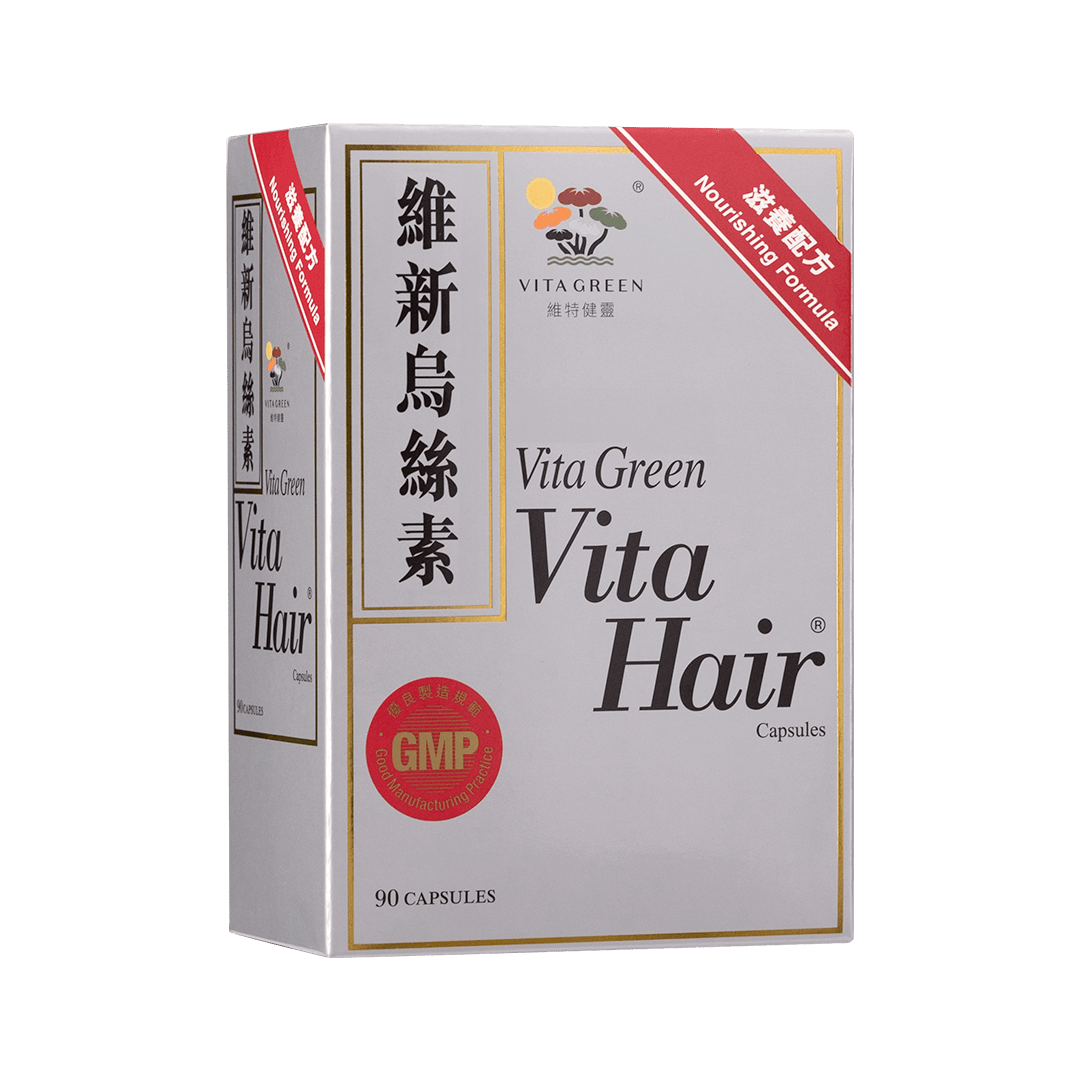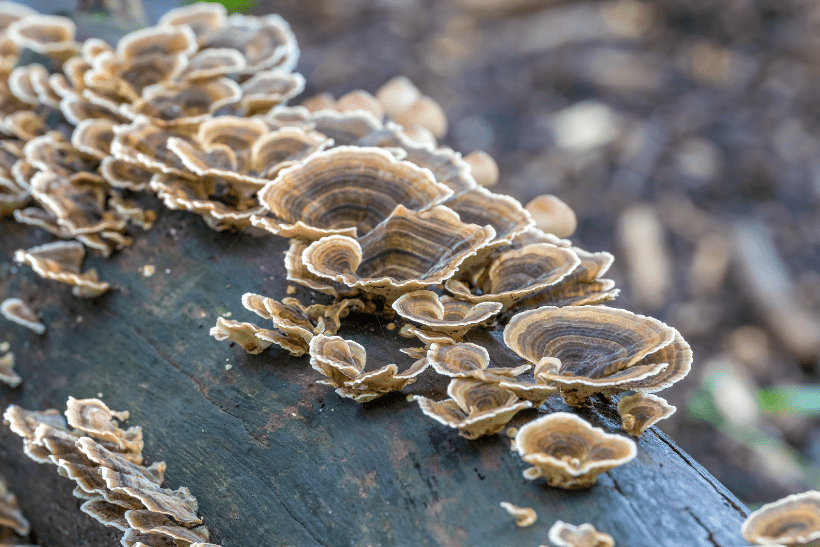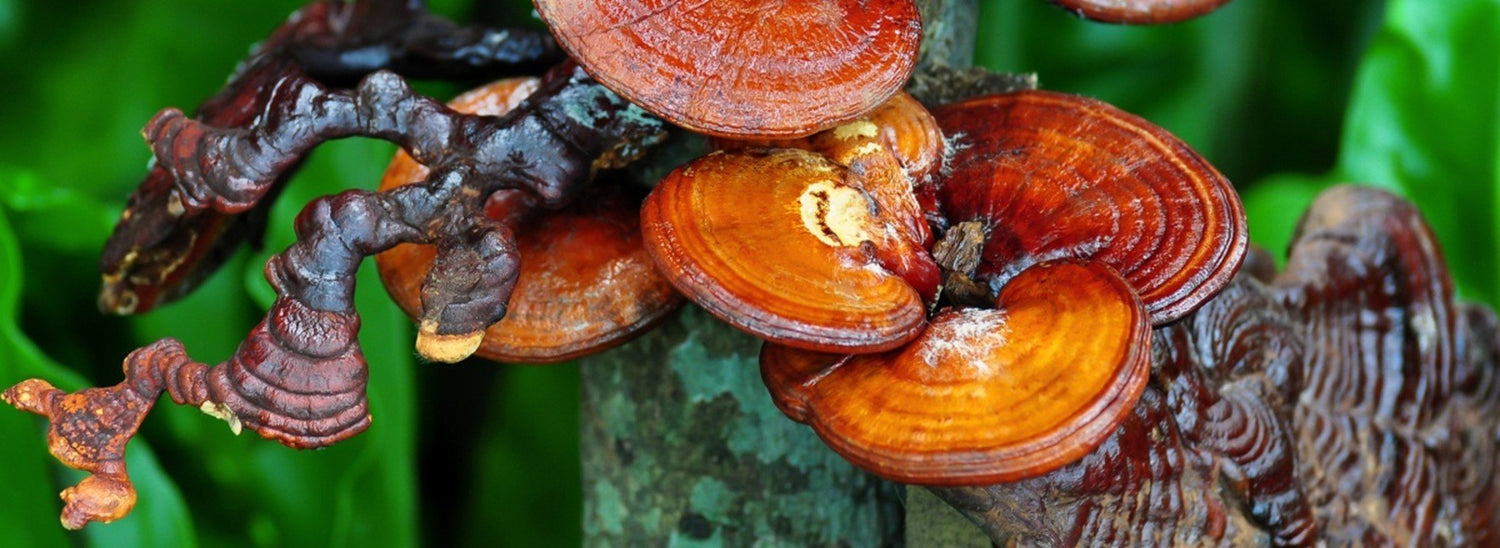Postpartum hair thinning is a normal part of pregnancy. During pregnancy, you may experience the thickening of your hair. Naturally, this hair starts to shed excessively after you give birth.
The primary driver of postpartum hair thinning is the hormonal changes that occur in the body. However, this topic is loaded with misconceptions and myths.
In this article, we will cover the top 8 things you need to know when dealing with postpartum hair thinning.
1. What causes postpartum hair thinning?
Postpartum hair thinning is due to hormonal changes. During hair growth, the follicles undergo several cycles of growth, rest, and shedding. Normally, women lose 100 hair strands per day.
According to reports , about 85 to 90% of your hair will be in the anagen phase (ie, the growing phase). The remaining 10 to 15% is in the resting phase. Once the latter ends, the shedding phase begins to allow new hair strands to grow.
During pregnancy, estrogen levels increase dramatically. This hormone impacts a variety of physiological functions, including hair growth. High levels of estrogen keep hair strands in the resting phase and prevent them from going into the shedding phase. why pregnant women have a thick mane of hair during pregnancy. It is the result of hair retention rather than hair growth.
Once you give birth, estrogen returns back to its pre-pregnancy levels. As a result, a considerable portion of your hair enters the shedding phase, causing postpartum hair thinning.
When hair loss is temporary, we refer to it as telogen effluvium . Aside from pregnancy, this condition can be the result of severe illness, unusual stress, and other environmental factors.

2. When does postpartum hair thinning start?
Telogen efffluvium begins shortly after giving birth. When estrogen levels start to decline, hair follicles go from the resting phase (ie, telogen) to the shedding phase (ie, catagen). This takes approximately 3 months to occur.
Most women notice hair thinning around three months after giving birth. The pattern of hair loss varies from one person to another. Some women experience equal hair thinning all over their heads. A alternatively, you may lose clumps of hair when brushing it or in the shower.

3. H ow much postpartum shedding is normal?
As we mentioned above, women lose approximately 100 hairs per day. This is completely normal.
This rate increases dramatically in new moms, reaching 400 hairs a day. Therefore, if you find a surplus of strands on your pillow, do not panic!
According to research , postpartum hair thinning starts to slow down 6 months after giving birth. This is when the hair growth cycles go back to normal.
Unfortunately, many women may experience significant hair loss but blame it on postpartum hair thinning. In reality, there could be a more serious condition at play. For instance, women are prone to iron deficiency when they bleed excessively during childbirth. we know, Iron is invisible for the health of your skin, hair, and nails.

Another common condition that causes hair thinning is thyroid disorders (eg, hyperthyroidism, hypothyroidism). Consult with your doctor to correct your thyroid hormones and stop hair thinning.
4. How do hormones fluctuate during pregnancy and postpartum?
Reproductive hormones go through dramatic fluctuations during pregnancy.
The first hormone to spike is human chorionic gonadotropin (hCG). This is the hormone that we test to confirm a pregnancy. Estrogen, progesterone, oxytocin, and prolactin also spike during pregnancy. On a physiological level, your blood volume increases by 50% to sufficiently irrigate your baby's blood circulation.
Let's focus on estrogen:
Estrogen is a hormone that has endless physiological functions in the female body. The high levels of this hormone during pregnancy stops the shedding of your hair, which leads to remarkable hair growth.
Once you give birth, all the hormones go back to normal within 24 hours. One exception is prolactin, which is dependent on breastfeeding.
Since hair strands move from one phase to another ever so slowly, it takes approximately 3 months for the postpartum hair thinning to fully manifest.
5. How to treat postpartum hair thinning?
As we explained so far, postpartum hair thinning is a physiological process that occurs due to estrogen decline. If this condition is not bothering you, it is okay to not do anything.
With that said, postpartum hair thinning can make many women self-conscious about their appearance, which negatively impacts their self-image and their relationship with their partners.
If this is your case, there are steps you can do, including:
Avoid some hair styling techniques
Using heat to style your hair can make it look thinner. After giving birth, stick to natural drying of your hair until the thinning tapers out.
You should also avoid brushing too hard. This might trigger the fall out of big clumps of hair. Instead, gently brush your hair once a day.
Eat a healthy diet
Eat a varied diet that consists of fruits, vegetables, and healthy proteins. This will allow you to get all the nutrients your body needs and mediate hair growth.
Here are some foods to include in your diet:
- Green leafy vegetables – A good source of iron and vitamin C
- Carrots – A good source of carotene
- Sweet potatoes – a good source of carotene
- Eggs – A good source of vitamin D
- Fatty fish – A good source of omega-3 fatty acids and magnesium

Control your stress
We know this is easier said than done. Taking care of a newborn is an exhausting task that requires physical energy and mental resilience. Depending on your socioeconomic conditions, this task can be stressful, daunting, and overwhelming.
Unfortunately, stress is one of the most well-documented risk factors of telogen effluvium. Therefore, if you fail to control your stress, it may only make things worse.
For those who are overwhelmed by taking care of a newborn, you can always ask the help of a family member or a professional healthcare provider.

sleep better
Most hair growth occurs during sleep. Understandably, many new moms report trouble sleeping since the baby keeps waking up at night. Luckily, this is usually temporary until the baby regulates their circadian cycle.
Not getting enough sleep will put your body in a state of fight or flight , which is characterized by elevated cortisol levels. The latter is a stress hormone produced and released by the adrenal gland. Cortisol is also a major contributor to hair thinning.

Take dietary supplements
Supplying your body with the necessary vitamins and minerals can accelerate the growth of your hair. Note that new moms should not substitute a healthy diet with supplements.
You can also take some traditional Chinese medicinal herbs supplements like Vita Hair , which have proven their efficacy in treating hair loss.

6. How to prevent postpartum hair thinning?
Preventing postpartum hair thinning is not possible. However, there are some steps to control and manage this condition.
One of the most influential factors that could slow down hair thinning is good nutrition. Providing your hair follicles with the necessary nutrients, vitamins, minerals, and antioxidants will accelerate the anagen phase, which helps with replacing the shedding hair. Focus on consume ing a lot of protein and iron.
If you follow healthy living measures but still experience unusual hair loss, you may want to speak with your doctor to check for other medical conditions, such as thyroid disorders.
7. Does postpartum hair loss happen to everyone?
Despite how common postpartum hair thinning is, it does not affect everyone. According to research , about 50% of women who recently gave birth experience postpartum hair thinning.
However, the severity and duration of this condition will vary greatly. This is because hormonal changes occur differently from one person to another.
8. Does collagen help with postpartum hair thinning?
Collagen is an essential protein for hair growth. This protein gives your hair, skin, and joints their structure and strength.
Today, many people believe that collagen is a cure-all when it comes to hair problems. In reality, there is little evidence that collagen supplements may help with postpartum hair loss.
However, some individuals report their hair grew back rapidly after taking collagen supplements. Since postpartum hair thinning is temporary, the tricky part is knowing whether hair grew back thanks to collagen or other factors.
Takeaway message
Postpartum hair thinning is a temporary condition that affects women who recently gave birth. Learning more about this condition allows new moms to make educated decisions and avoid following questionable methods.
We hope that this article managed to shed some light on the major aspects of postpartum hair thinning, including how to manage it.
Bibliography
- Mirallas, Oriol, and Ramon Grimalt. “The Postpartum Telogen Effluvium Fallacy.” Skin appendage disorders vol. 1,4 (2016): 198-201. doi:10.1159/000445385
- Murphrey, Morgan B., Sanjay Agarwal, and Patrick M. Zito. "Anatomy, Hair." (2018).
- Piérard-Franchimont, Claudine, and Gérald E Piérard. “Alterations in hair follicle dynamics in women.” BioMed research international vol. 2013 (2013): 957432. doi:10.1155/2013/957432
- Rebora, Alfredo. “Telogen effluvium: a comprehensive review.” Clinical, cosmetic and investigational dermatology vol. 12 583-590. 21 Aug. 2019, doi:10.2147/CCID.S200471


